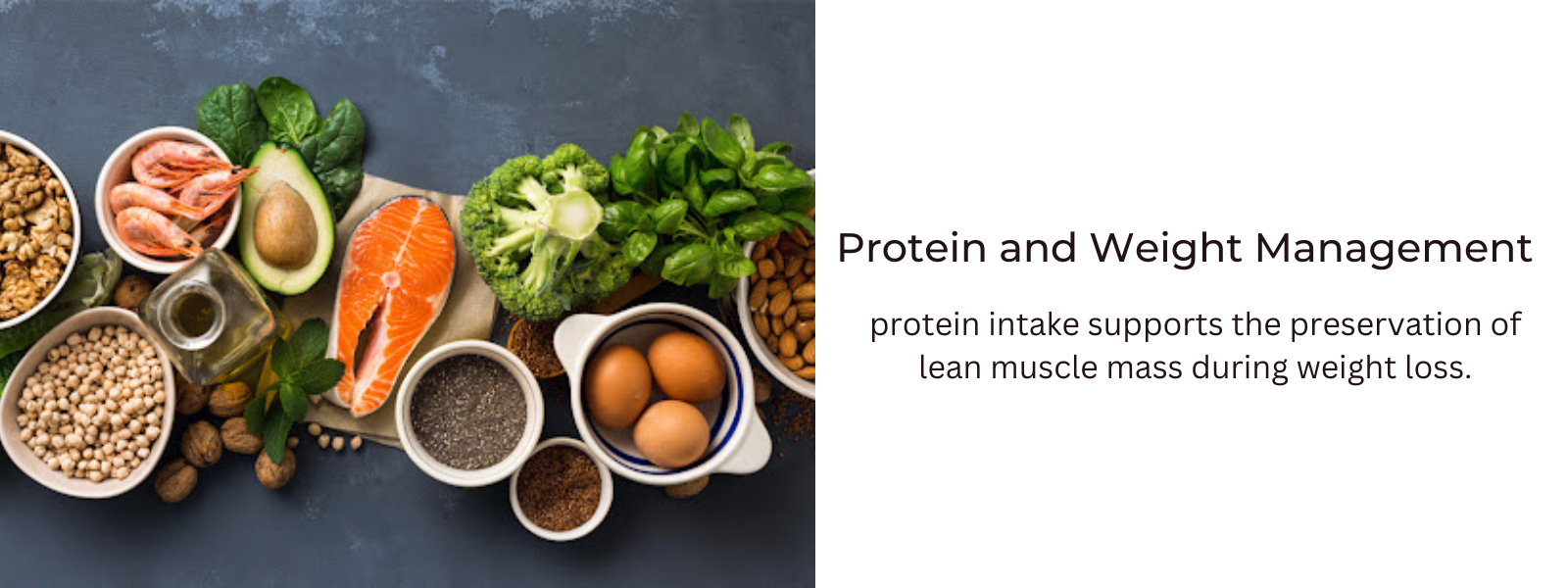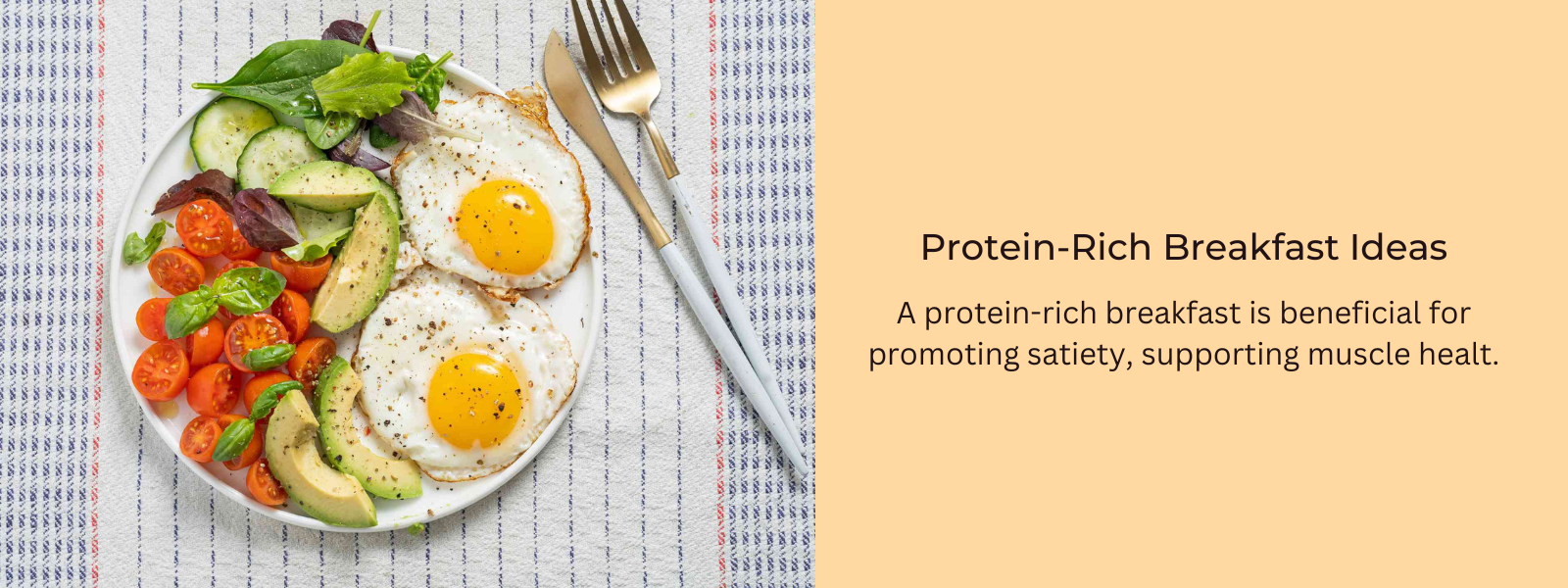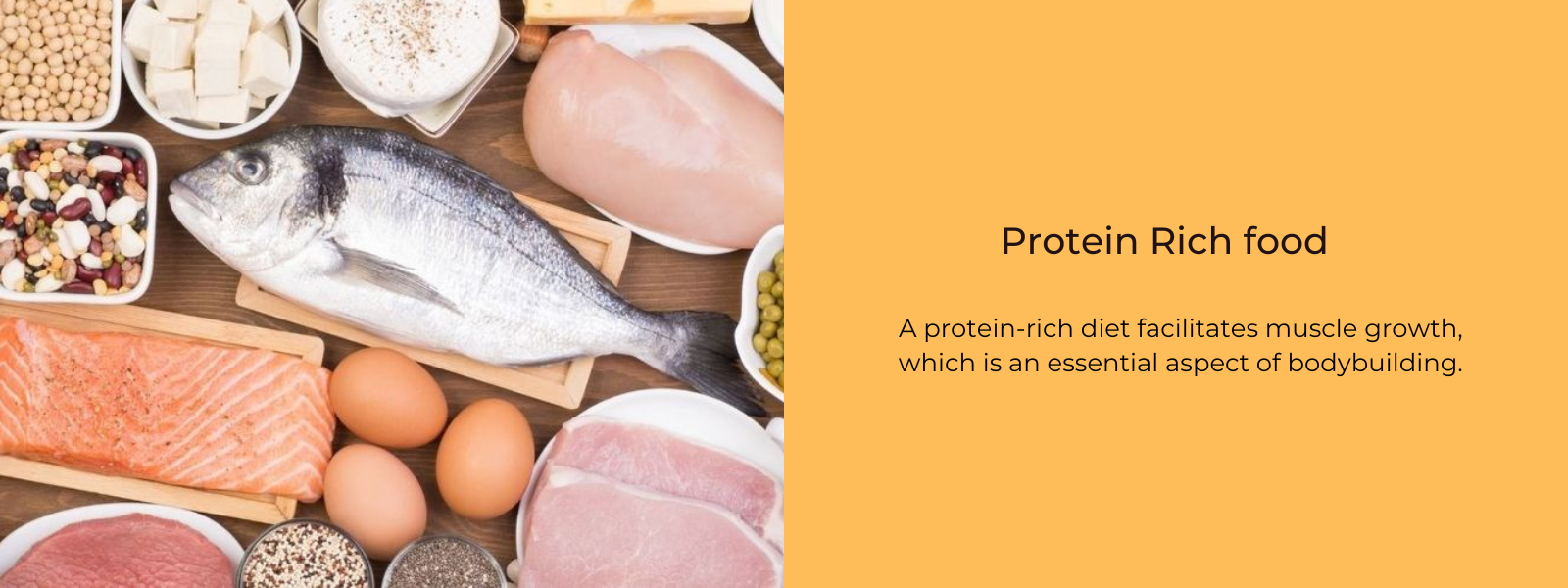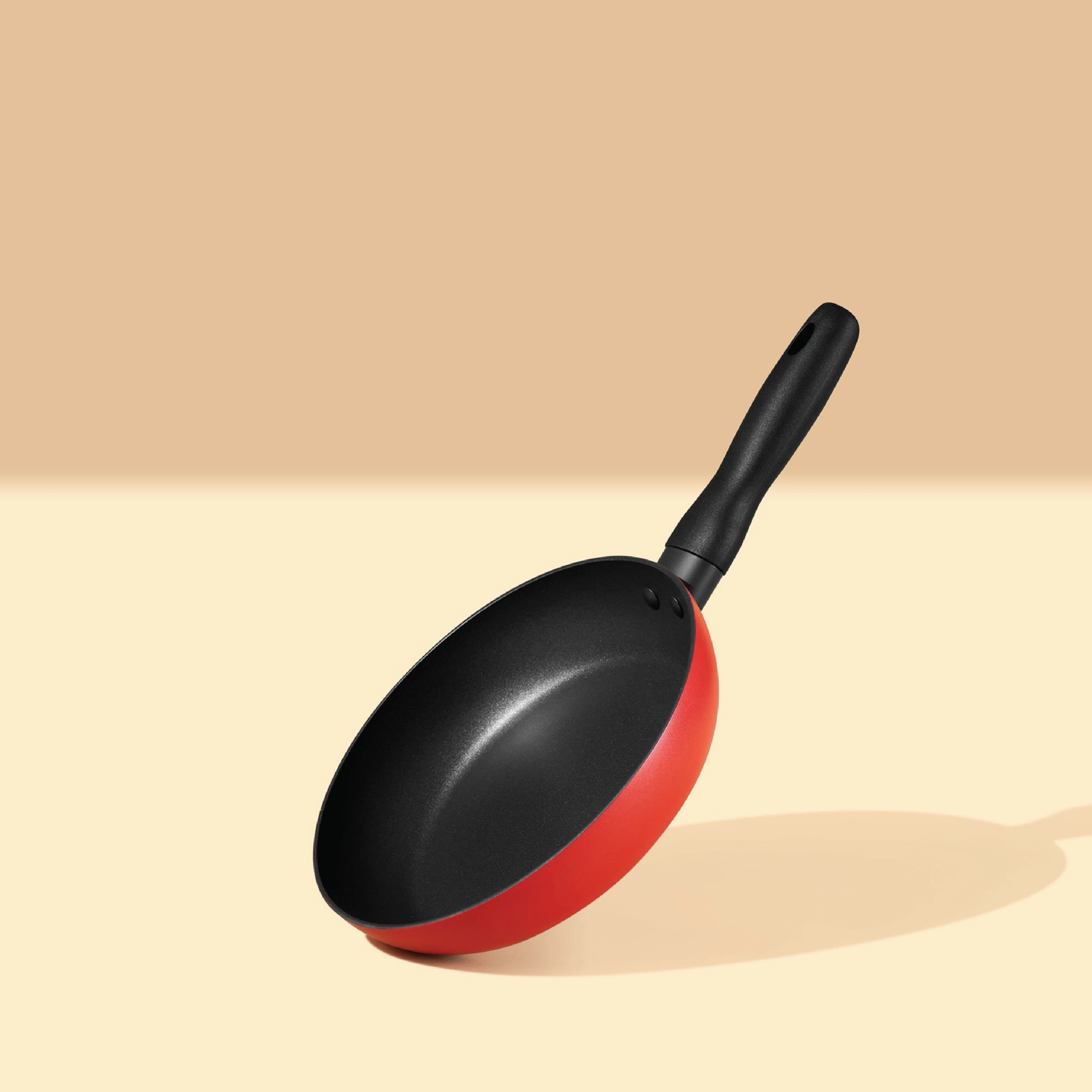The relationship between protein and hormonal balance is intricate, involving various hormones that play crucial roles in metabolism, appetite regulation, growth, and overall well-being.
Table of Contents
How Does Protein Influences Hormonal Balance?
Protein plays a pivotal role in maintaining hormonal balance within the body. Rich in essential amino acids, protein influences various hormones critical for metabolism, appetite regulation, and overall well-being. Protein-rich meals contribute to stabilized blood sugar levels by moderating insulin release, improving metabolic health. Additionally, protein influences hunger and satiety hormones, such as leptin and ghrelin, aiding in appetite control. Certain amino acids found in protein sources stimulate the release of growth hormone, crucial for tissue repair and regeneration. Protein also affects sex hormones, including testosterone and estrogen, essential for reproductive health and overall hormonal equilibrium. Adequate protein intake may help modulate cortisol levels, the stress hormone, contributing to stress management and recovery. Moreover, proteins containing tryptophan, a precursor to serotonin and melatonin, support mood regulation and sleep quality. Overall, protein's multifaceted impact on hormonal balance underscores its significance in promoting comprehensive physiological well-being.
Impact Of Hormonal Imbalance:
Hormonal imbalance can have widespread and profound effects on various physiological and psychological aspects of the body. Hormones play a crucial role in regulating numerous bodily functions, including metabolism, mood, reproductive processes, and immune responses. When the delicate balance of hormones is disrupted, it can lead to a range of symptoms and health issues. For women, hormonal imbalances may manifest as irregular menstrual cycles, fertility issues, and mood swings. In both men and women, disruptions in thyroid hormones can affect metabolism and energy levels. Hormonal imbalance can also contribute to weight gain, insomnia, skin issues, and changes in libido. Moreover, it plays a role in conditions such as polycystic ovary syndrome (PCOS), endometriosis, and hormonal cancers. The impact extends beyond physical health, influencing mental well-being with symptoms like anxiety, depression, and cognitive disturbances. Addressing hormonal imbalance often involves comprehensive medical evaluation and tailored interventions to restore equilibrium and alleviate associated symptoms.
Is There Any Relation Between Protein And Hormonal Imbalance?
In general, consuming an adequate amount of protein as part of a balanced diet is not associated with hormonal imbalance; rather, it is crucial for maintaining overall health. Protein is essential for various physiological functions, including muscle development, immune system support, and hormone production. However, an excessively high or low protein intake, along with other lifestyle factors, could potentially contribute to hormonal imbalances in some cases.
Here are some considerations:
- Excessive Protein Intake:
- Extremely high protein intake, especially from supplements, may lead to imbalances in certain hormones. Excessive protein consumption can put strain on the kidneys and affect the balance of hormones involved in kidney function.
- Imbalanced Diet:
- An imbalanced diet that lacks a variety of nutrients may impact hormonal regulation. It's essential to maintain a well-rounded diet that includes not only an adequate amount of protein but also carbohydrates, fats, vitamins, and minerals.
- Quality of Protein Sources:
- The sources of protein matter. Consuming a variety of high-quality protein sources, such as lean meats, fish, dairy, legumes, and plant-based options, ensures a balanced intake of essential amino acids and supports overall health.
- Individual Variability:
- Individual responses to dietary components, including protein, can vary. Factors such as age, sex, genetics, and existing health conditions can influence how the body responds to different nutrient levels.
It's important to note that protein is crucial for the synthesis of hormones, including insulin, growth hormone, and sex hormones. Balanced protein intake is generally considered beneficial for hormonal health.
How Should You Consume Protein To Reduce Hormonal Imbalance?
Consuming protein as part of a balanced and varied diet can contribute to hormonal balance. Here are some general guidelines on how to incorporate protein into your diet to support hormonal health:
- Choose High-Quality Protein Sources:
- Include a variety of high-quality protein sources in your diet, such as lean meats, poultry, fish, eggs, dairy products, legumes, nuts, seeds, and tofu. These sources provide essential amino acids and a range of nutrients that support overall health.
- Balance Macronutrients:
- Ensure a well-balanced intake of macronutrients, including carbohydrates, fats, and proteins. A balanced diet helps maintain overall hormonal equilibrium.
- Moderate Protein Intake:
- While protein is essential, excessive intake can strain the kidneys and potentially disrupt hormonal balance. Aim for a moderate and balanced intake based on your individual needs, activity level, and health status.
- Spread Protein Intake Throughout the Day:
- Distribute your protein intake across meals and snacks throughout the day. This helps provide a steady supply of amino acids, supporting muscle protein synthesis and overall metabolic function.
- Consider Meal Timing:
- Include protein in each meal to help regulate blood sugar levels and promote a feeling of satiety. This can contribute to better insulin sensitivity.
Best Food To Eliminate Hormonal Imbalance:
Here are some of the best protein-rich foods that can contribute to hormonal health:
- Salmon:
- Rich in omega-3 fatty acids, salmon provides high-quality protein and supports anti-inflammatory effects that can positively impact hormonal balance.
- Chicken Breast:
- Lean chicken breast is an excellent source of protein, low in saturated fat, and provides essential amino acids necessary for overall health.
- Eggs:
- Eggs are a complete protein source, containing all essential amino acids. They also provide important nutrients like choline, which plays a role in hormone synthesis.
- Greek Yogurt:
- Greek yogurt is a protein-packed dairy option that also contains probiotics, supporting gut health. Maintaining a healthy gut microbiome can influence hormonal regulation.
- Tofu:
- Tofu, a plant-based protein source derived from soybeans, is rich in amino acids and phytoestrogens, which may contribute to hormonal balance.
- Lentils:
- Lentils are a plant-based protein source that provides a good balance of protein and fiber. They also contain various vitamins and minerals that support overall health.
- Almonds:
- Almonds are not only a source of protein but also provide healthy fats, vitamin E, and magnesium, which are beneficial for hormonal health.
- Quinoa:
- Quinoa is a complete protein and a good source of fiber, providing a nutrient-rich option that supports sustained energy levels.
- Turkey:
- Lean turkey is a protein source that contains essential amino acids and is lower in saturated fat compared to some other meats.
- Cottage Cheese:
- Cottage cheese is rich in protein and also provides calcium and other nutrients important for bone health and hormonal balance.
- Chickpeas:
- Chickpeas, also known as garbanzo beans, are a versatile plant-based protein source that offers a good mix of protein and fiber.
- Pumpkin Seeds:
- Pumpkin seeds are a nutrient-dense snack containing protein, healthy fats, and minerals such as zinc, which is crucial for hormone production.











Leave a comment